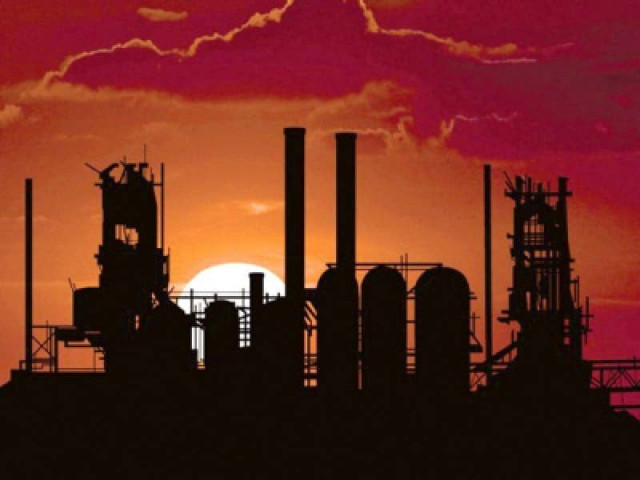Political gains at cost of economy
Hate is a top selling political commodity used to gain visibility and traction

In Pakistan, we are quite a disintegrated society with divisions manifested through ethnic, religious and now political basis. The recent trend of strengthening this divide for political gains is extremely dangerous and will have very deep and longstanding consequences.
These divisions are not only harmful for social cohesion but also have significant economic consequences.
Firstly, a divided society makes it difficult to build strong institutions that can promote economic growth. Institutions like banks, courts, and businesses often struggle to function properly when there is a lack of trust among different groups.
For instance, members of one ethnic or religious community may not be willing to put their money in a bank that they see as being controlled by another community.
Some of the other negative consequences are:
One, with the divisions on religious, ethnic, or linguistic grounds, we are witnessing a decrease in productivity as the division creates an atmosphere of mistrust and conflict within society and divided groups or communities.
Two, a divided society often results in the poor allocation of resources as the needs of one group may be given more importance than the other. This creates disparities in economic opportunities for people belonging to different groups. This is particularly relevant due to the inherent disparity between geographical regions of Pakistan which are coincidentally divided on ethnic and political lines.
Three, higher spending on security as a divided society necessitates higher spending on security forces to maintain law and order, which can result in an increase in public expenditure.
Four, we see restricted economic growth due to the fact that a divided society with political instability and ongoing conflicts can restrict economic growth and deter foreign investment. Pakistan has witnessed such episodes recently, particularly the bottlenecks in the China-Pakistan Economic Corridor (CPEC) projects due to political and social instability.
Five, Pakistan has seen an increasing level of brain drain as talented individuals feel marginalised and seek opportunities elsewhere, resulting in a loss of human capital for the country.
Six, rather than allocating spending towards the social sector to mitigate the effects of social divides, we have allocated a majority of our resources towards security, law and order. This hampers long-term development.
Seven, a divided society contributes towards an increase in poverty, particularly for groups that are marginalised or discriminated against. This, in turn, is resulting in higher social costs, such as increased healthcare and welfare expenditures.
Secondly, a divided society makes it difficult to attract foreign investment. Investors tend to be wary of investing in countries with social and political instability as this can increase the risk of investment; an example of this is the recent slowdown in CPEC.
When there is a high degree of ethnic or religious tension, it can be difficult to convince foreign investors that their investments will be safe and will not be threatened by conflicts between different communities.
We have excellent investment potential in many areas but, unfortunately, due to tensions emanating from social and ethnic divisions, these have not been harnessed.
Thirdly, social tensions can lead to violence and unrest, which can be devastating for the economy. For instance, ethnic or religious conflicts have resulted in frequent riots, strikes, and other disruptions that have led to businesses being shut down and supply chains being disrupted. This phenomenon has a long-lasting impact on the economy, particularly on small businesses.
On the whole, the economic cost of a divided society in Pakistan is significant. Divisions make it difficult to build strong institutions, attract foreign investment, promote equality and inclusion, and maintain political stability.
While there is no easy solution to these problems, it is clear that addressing the underlying causes of social tensions should be a priority for policymakers and civil society. By working together, it is possible to build a more cohesive and prosperous society that benefits all citizens.
Unfortunately, at present, hate is the top selling commodity and different interest groups are selling it to gain visibility, traction and narrative building.
Hate and division sell quickly but buyers are always the losers in short run, while the state and nationhood lose in the longer run. It is time to stop buying and selling divisions before the cost is unrecoverable for the statecraft.
The writer is an international economist
Published in The Express Tribune, March 13th, 2023.
Like Business on Facebook, follow @TribuneBiz on Twitter to stay informed and join in the conversation.



















COMMENTS
Comments are moderated and generally will be posted if they are on-topic and not abusive.
For more information, please see our Comments FAQ